Tullio Kezich
Nacimiento : 1928-09-17, Trieste, Italy
Muerte : 2009-08-17
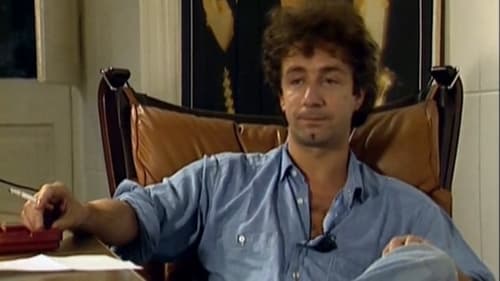
Self
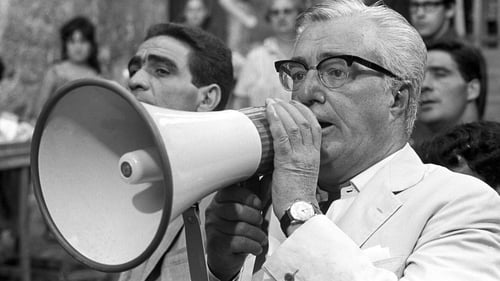
Self
A documentary about Vittorio de Sica with clips of his films and testimonials from friends and family.

Self
Based upon Vincenzoni's biography, "Pane e cinema", the documentary traces the story of the screen play writer who invented many stories that became blockbusters throughout the world.

Self
A través de una entrevista exclusiva con Sophia Loren, este documental nos cuenta la increíble historia de una mujer, que después de salir de Pozzuoli, conquistó Roma y Hollywood, y ganó dos premios Oscars, ocupando un lugar entre las estrellas más populares del cine mundial. En 1962 consigue el Oscar a mejor actriz por su papel en "Dos mujeres" de Vittorio de Sica, director que se convirtió en su tutor. Filomena en "Matrimonio a la italiana", es otro de los papeles inolvidables de la actriz napolitana. Pudimos ver a una Sophia erótica en "Ayer, hoy, mañana" junto a su inseparable compañero en la gran pantalla, Marcello Mastroianni.

Self
A documentary created by the Criterion Collection for their release of Italian film director Federico Fellini's Amarcord about his relationship with his home town, Rimini, featuring archive interviews with the director and more recent interviews with some of his friends and collaborators.

Self
italian documentary

Self
A look at the making of Federico Fellini's "I Vitelloni".

Self

Self
Documentary

Self
Documentary with interviews and clips of Fellini's movies.
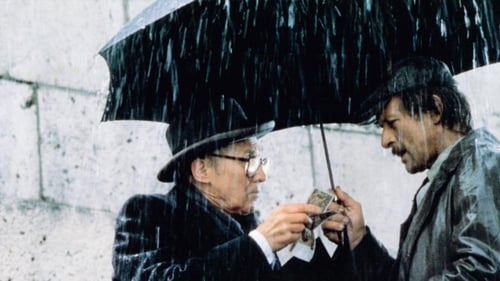
Writer
Andreas es un vagabundo más de los muchos que viven bajo los puentes de París. Cuando recibe de un desconocido la suma de doscientos francos, con la única condición de devolverlos como ofrenda a la imagen de una santa, emprende un peregrinaje de carácter fundamentalmente espiritual para ser digno del favor recibido.

Teleplay
La coscienza di Zeno is a TV adaptation of the 1923 novel by Italo Svevo. It was broadcasted by RAI in 1988.

Writer
A self-proclaimed "knight" and his hapless squire travel the Spanish countryside, attacking "giants" that are really windmills in his attempt to win the love of the fair Dulcinea.
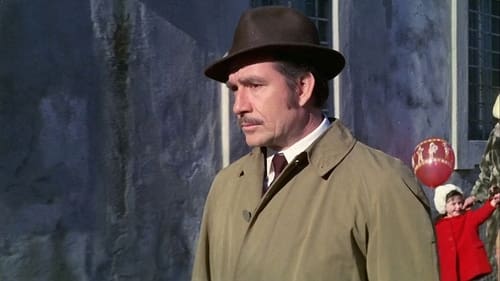
Screenplay
Ugo Tognazzi interpreta a Emerenziano Paronzini, un inspector de hacienda que busca casarse con una mujer para vivir del cuento. Así se fija en las virginales hermanas Tettamanzi, herederas de una gran fortuna, y consigue casarse con una de ellas... (FILMAFFINITY)
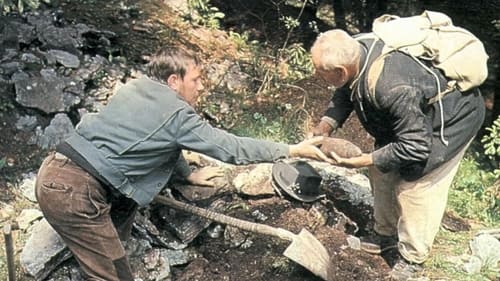
Delegated Producer
Via the Chicago Reader: "After World War II an Italian soldier returns to his hometown near the Alps and, unable to find a job, hooks up with a crotchety hermit who scavenges buried shells and bombs for scrap metal."

Writer
Via the Chicago Reader: "After World War II an Italian soldier returns to his hometown near the Alps and, unable to find a job, hooks up with a crotchety hermit who scavenges buried shells and bombs for scrap metal."
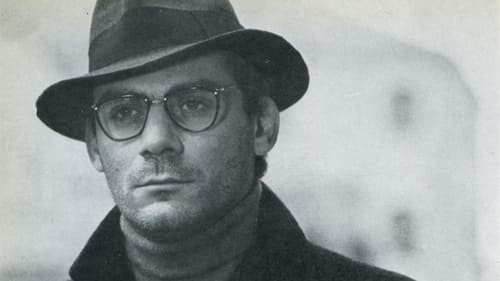
Producer
In Venice in 1943, a group of partisans led by Renato Braschi organize a series of autonomous terrorist attacks against the fascists while the National Liberation Committee urges caution. Renato is determined to carry out his ideas, risking his own life, and not only that...

Writer
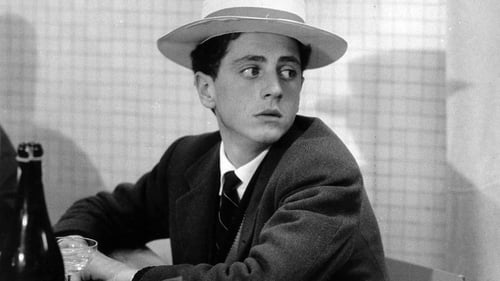
Psychologist (uncredited)
Il posto (El empleo, 1961) es una película italiana dirigida por Ermanno Olmi.[1] El filme, rodado en blanco y negro, se basa en la tradición del neorrealismo italiano y explora muchas de las prácticas deshumanizadoras de las empresas comerciales, desde el punto de vista de un joven italiano de la época. La película, rodada en Milán, es en parte una sátira sobre el llamado "milagro económico italiano"
Presentada en el Festival Internacional de Cine de Venecia, ganó el Premio de la Crítica, granjeando fama internacional a Olmi en su segunda película como director. En 2001, el Festival de Cine de Bellaria (hasta el momento llamado Anteprimaannozero) celebró los cuarenta años de su estreno. La película también fue seleccionada entre las "100 películas italianas dignas de conservarse" (I 100 film italiani da salvare)
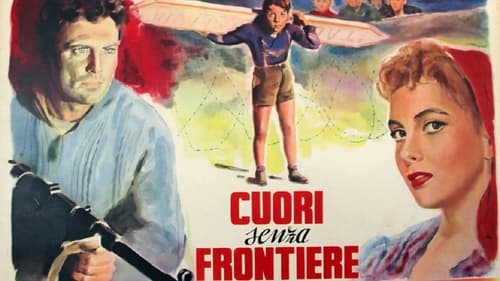
Production Secretary
Following World War II, the Allies designate that an unidentified town in the Trieste area as being partly Yugoslavian and partly Italian. A white line of demarcation splits the town in half and the townspeople are given just a short time to decides on which side of the line they will live. This leads to the dividing of homes, friends, families and the church and tensions run high.

Yugoslav Lieutenant
Following World War II, the Allies designate that an unidentified town in the Trieste area as being partly Yugoslavian and partly Italian. A white line of demarcation splits the town in half and the townspeople are given just a short time to decides on which side of the line they will live. This leads to the dividing of homes, friends, families and the church and tensions run high.













